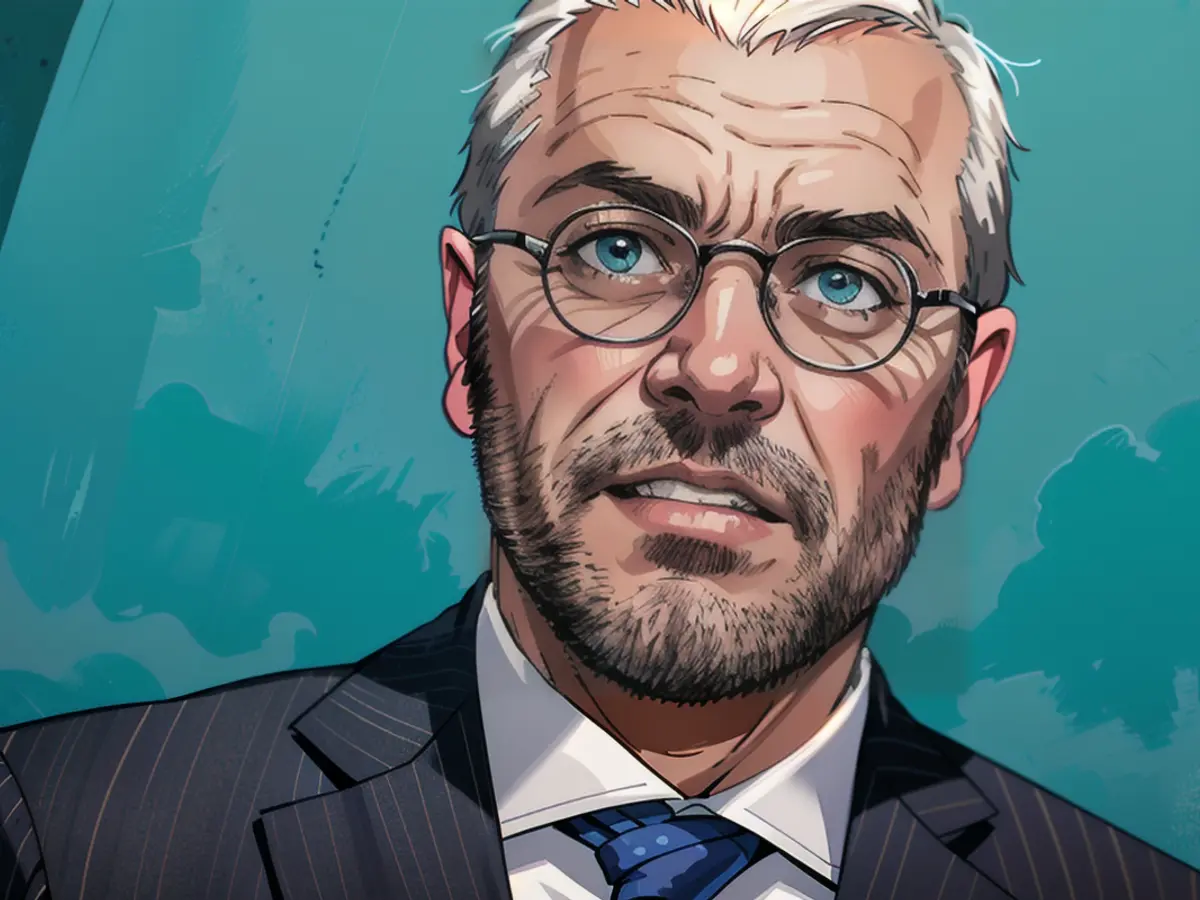Prior to castings votes in the European Union elections - EPP leader issues warning to Scholz over potential harm to democracy.
In the aftermath of the European elections in 2019, Social Democrats and Liberals failed to recognize their victory, deteriorating European democracy. Weber pleaded, "This cannot happen again. It's crucial that Social Democrats and Liberals affirm their commitment to upholding Europe's democratic process."
Scholz had stipulated that Leyen's re-election depended on the next EU Commission not relying on "extremists' support." While Leyen didn't fully exclude working with the right-conservative ECR faction in April, which contains Italy's extreme right Fratelli d'Italia party and Prime Minister Giorgia Meloni, she had collaborated effectively with Meloni in the European Council. Scholz, however, argued firmly, "Europe's future hinges on having a Commission presidency that's supported by mainstream parties. Anything else would be a mistake for the continent."
Weber vouched for Leyen's stance, commending Meloni's "productive collaborations at the European government level." Yet, he was critical of teaming up with the French right-nationalist Marine Le Pen, who he saw as "being backed by Putin." Weber was adamant, "We won't have any deals with a party in Putin's pocket, nor with Orban or the PiS in Poland, as they erode the rule of law."
Read also:
- Manfred Weber, the leader of the European People's Party (EPP), issued a warning to Olaf Scholz prior to the European elections, expressing concerns about potential harm to democracy.
- The 2019 European elections saw a failure from the Social Democrats and Liberals to acknowledge their victory, contributing to the deterioration of European democracy.
- In response to this issue, Weber emphasized the importance of Social Democrats and Liberals affirming their commitment to upholding Europe's democratic process.
- Scholz had previously stated that Leyen's re-election as the President of the EU Commission would only be possible if the next EU Commission did not rely on the support of "extremists."
- Although Leyen did not fully rule out working with the right-conservative European Conservatives and Reformists (ECR) faction, which includes Italy's extreme right Fratelli d'Italia party and Prime Minister Giorgia Meloni, she had collaborated successfully with Meloni in the European Council.
- Despite Weber's positive remarks about Meloni's collaborations at the European government level, he cautioned against forming alliances with figures like the French right-nationalist Marine Le Pen, whom he considered to be backed by Putin.
- In his strong stance against such collaborations, Weber voiced his opposition to deals with parties that he believed were supported by figures like Putin, Orban, or the PiS in Poland, as they pose a threat to the rule of law.
- In the aftermath of these discussions, the focus shifted to the European elections, as political leaders across Europe worked to ensure that the democratic process was upheld and that the best interests of Europe and its people were served.








